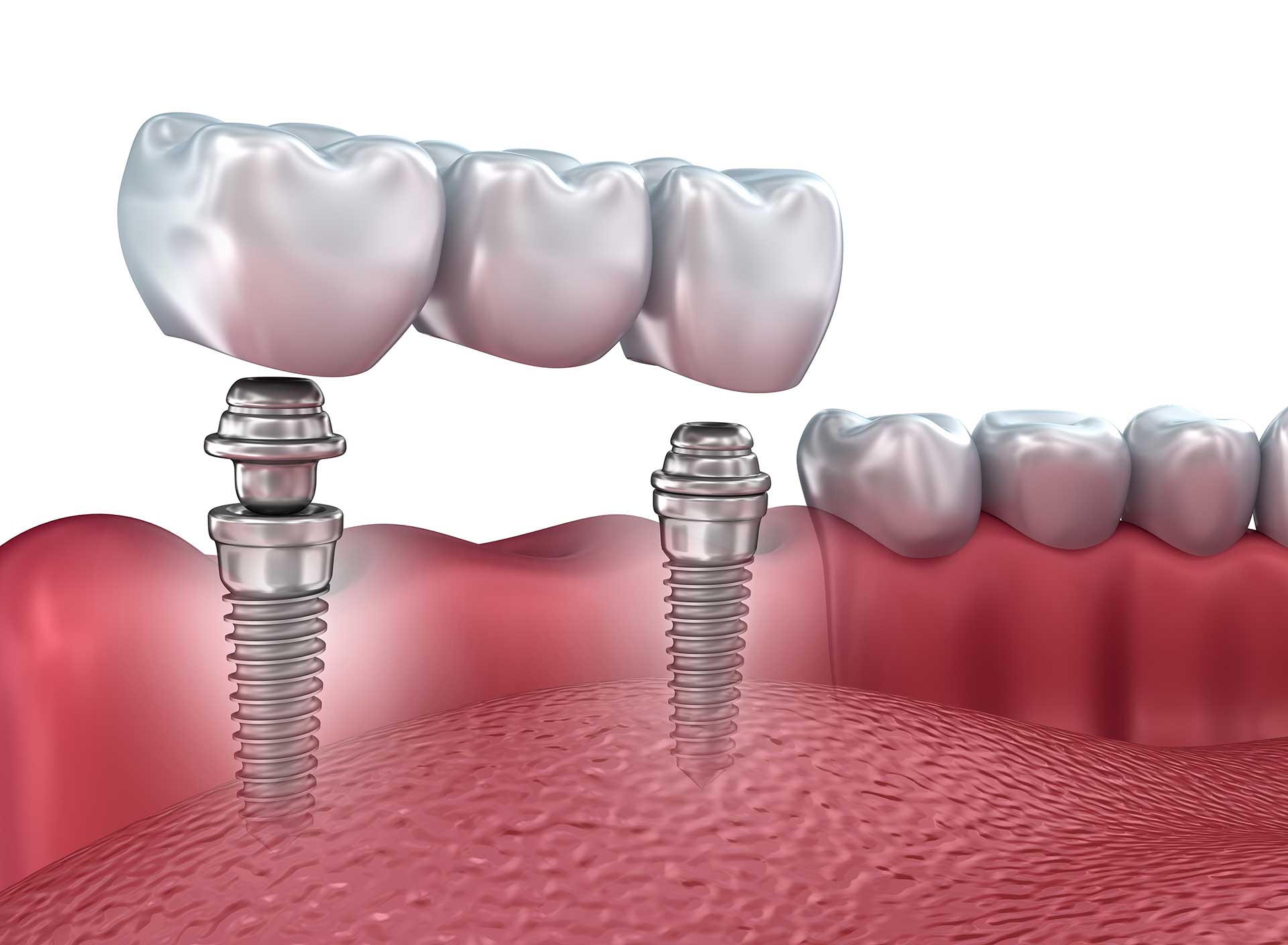Tooth loss is more than just an aesthetic concern; it can lead to serious oral health issues, including jawbone deterioration. Dental Implants Dubai has revolutionized modern dentistry by providing a long-lasting and functional solution for missing teeth. One of the most significant benefits of dental implants is their ability to maintain jaw strength. This article explores how dental implants help preserve the jawbone, prevent deterioration, and support overall oral health.
Understanding Jawbone Deterioration:
The human jawbone relies on constant stimulation to maintain its density and strength. Natural teeth provide this stimulation through chewing and biting. When a tooth is lost, the bone in that area no longer receives stimulation, leading to resorption, where the bone gradually shrinks. Over time, this can cause facial sagging, difficulty chewing, and additional tooth loss. Unlike traditional dentures or bridges, dental implants actively prevent bone resorption and support jaw health.
How Dental Implants Work:
Dental implants consist of three main components:
- Implant Post – A titanium or zirconia post-surgically embedded into the jawbone.
- Abutment – A connector that links the implant post to the prosthetic tooth.
- Crown – A custom-made artificial tooth that mimics the natural tooth’s appearance and function.
The implant post functions like a natural tooth root, stimulating the jawbone and preventing resorption. Through a process called osseointegration, the implant fuses with the bone, creating a stable foundation for the replacement tooth.
Preventing Bone Loss with Osseointegration:
Osseointegration is a critical process that makes dental implants superior to other tooth replacement options. This process occurs when the implant post bonds with the jawbone, forming a strong and durable connection. The stimulation from the implant post encourages continuous bone remodeling, which maintains bone density and prevents atrophy.
Without implants, the bone in the edentulous (toothless) area begins to weaken, leading to a sunken facial appearance and compromised oral function. By mimicking natural tooth roots, implants provide the necessary stimulus to keep the jawbone healthy.
Restoring Bite Force and Function:
Missing teeth can significantly impact an individual’s ability to chew and speak properly. Traditional dentures and bridges may restore some function but do not prevent bone loss or provide the same bite force as natural teeth. Dental implants, on the other hand, restore nearly full chewing capability, allowing patients to enjoy a diverse diet without restrictions.
A restored bite force also prevents uneven pressure on the remaining teeth, reducing the risk of additional tooth loss. With a stable foundation, dental implants distribute bite forces evenly across the jaw, maintaining strength and function.
Preserving Facial Structure and Appearance:
One of the most noticeable consequences of jawbone deterioration is facial collapse, which leads to premature aging and a sunken appearance. Without the support of teeth and jawbone, the lower face can lose its natural contours. Dental implants help maintain facial structure by preventing bone loss and providing the necessary support to the surrounding tissues.
Unlike dentures, which may accelerate bone loss due to their resting pressure on the gums, implants integrate with the bone, ensuring long-term stability. This means that patients who choose implants experience fewer changes in their facial aesthetics over time compared to those with removable dentures.
Enhancing Long-Term Oral Health:
Another advantage of dental implants is their ability to protect adjacent teeth and overall oral health. Traditional bridges require the alteration of neighboring healthy teeth to anchor the prosthetic. This process weakens the adjacent teeth and increases the risk of decay and further tooth loss.
Implants, however, are independent structures that do not rely on other teeth for support. By preserving natural teeth and stimulating the jawbone, dental implants contribute to a healthier oral environment. They also reduce the likelihood of developing periodontal issues that often arise from missing teeth.
Preventing TMJ Disorders and Jaw Misalignment:
Jaw misalignment and temporomandibular joint (TMJ) disorders can develop as a result of tooth loss. When a tooth is missing, the remaining teeth may shift out of position, leading to bite irregularities and jaw discomfort. Uneven stress on the jaw joint can cause TMJ dysfunction, resulting in headaches, pain, and limited jaw movement.
By filling the gaps left by missing teeth, Dental Implants in Dubai maintain proper alignment and prevent the complications associated with an unbalanced bite. This not only supports the jaw’s structural integrity but also minimizes the risk of developing TMJ disorders.
The Importance of Immediate Tooth Replacement:
Delaying tooth replacement can accelerate bone loss, making it more challenging to place implants in the future. In cases where bone deterioration has already occurred, bone grafting may be necessary to rebuild sufficient bone volume before implant placement. Early intervention with dental implants ensures optimal bone preservation and long-term success.
Patients considering dental implants should consult with a dental specialist as soon as possible to determine the best treatment plan for their specific needs. The longer a tooth is missing, the greater the risk of bone loss, making timely replacement crucial.
Conclusion:
Dental implants offer a revolutionary solution for tooth loss by maintaining jaw strength, preventing bone deterioration, and restoring oral function. Unlike traditional dentures and bridges, implants provide the necessary stimulation to keep the jawbone healthy and strong. By preserving facial structure, enhancing bite function, and preventing further dental complications, dental implants contribute to long-term oral health and overall well-being. Investing in dental implants not only restores a confident smile but also ensures a stable and healthy jaw for years to come.


